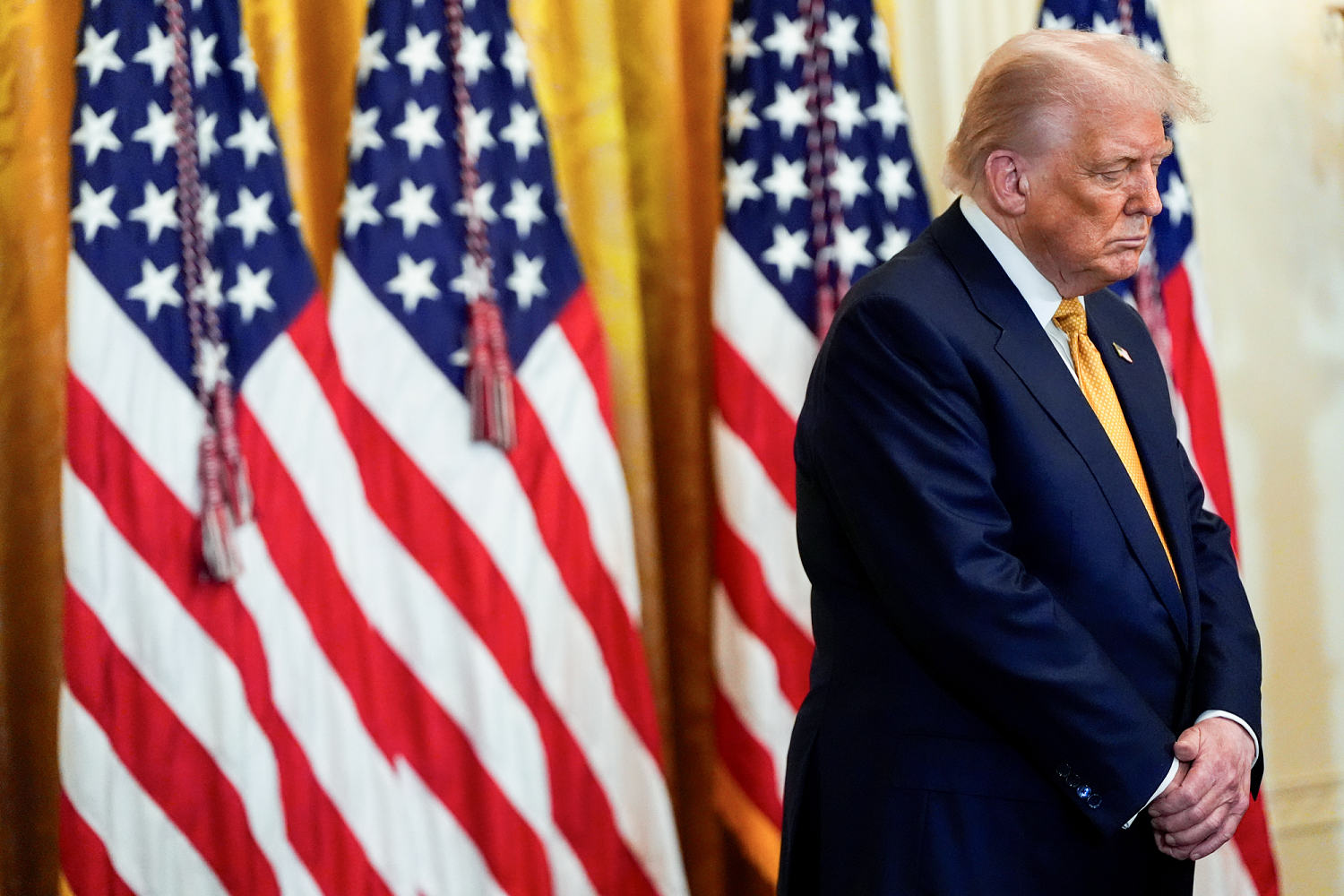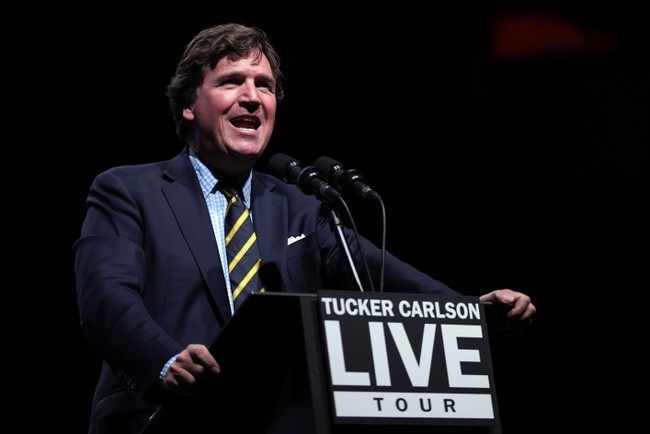A specter is haunting New York City — the specter of socialism. When 33-year-old Zohran Mamdani decisively beat former Gov. Andrew Cuomo to win the Democratic mayoral primary, he put himself within arm’s reach of City Hall and sent the city’s financial elite into shock. Free buses? Publicly owned grocery stores? More taxes aimed at the rich? The panic was palpable.
Mamdani has already begun working to allay some anxiety, meeting with billionaires (whom he once said “shouldn’t exist”), abandoning his 2020 calls to “defund the police” and slightly softening his rhetoric surrounding Israel.
But if he’s looking for some guidance about how to thrive in the city, he might look back about eight decades to the most successful socialist to ever hold office in New York: a man by the name of Vito Marcantonio.
Marcantonio was elected to Congress again and again despite holding views much farther to the left than anyone who has ever won public office in New York. For seven terms on Capitol Hill, from 1934 to 1950 (with a two-year break in 1936), he represented the polyglot neighborhood of East Harlem. His longevity — and his eventual defeat — offer lessons for Mamdani as he appears on the cusp of winning real power.
Marcantonio came to prominence as a top aide to one of New York’s greatest figures, Fiorello LaGuardia, and would go on to win the congressional seat that LaGuardia occupied before he became mayor. Marcantonio was not the first socialist to win office in the city; several socialists were elected to the New York State Assembly in 1920 (where they were expelled). But those politicians were in the camp of democratic socialists (like Mamdani), with no sympathy for the totalitarianism of the Soviet Union.
Marcantonio, by contrast, was a devoted follower of Moscow. When Hitler and Stalin signed their infamous 1939 non-aggression pact, Marcantonio became strongly against any U.S. involvement in the growing conflict in Europe. When Hitler invaded Russia in 1941, he quickly became an ardent interventionist. Such positions were relatively unremarkable during World War II, when Russia and the United States were allied. But when the Cold War began, Marcantonio remained a loyal supporter of Soviet policies. He opposed the Marshall Plan for European recovery, casting it as an attempt to serve the imperialist goals of the United States and Great Britain. And he was the only member of the House to oppose U.S. intervention in Korea, blaming the South Koreans for starting the conflict rather than the Communist-backed North.
Marcantonio’s views on foreign policy may not have reflected those of his constituents — yet they returned him to office repeatedly, as the candidate of the American Labor Party. (In fact, this party was so dominated by members of the Communist Party that mainstream unions fled and formed their own Liberal Party in New York.)
Why did Marcantonio keep winning? Because he served his constituents as few other politicians did.
His clubhouse was a seven-day-a-week, morning-unto-nighttime, center for his constituents to find help for their needs. Marcantonio never took a vacation — he would be there, along with a team of volunteer lawyers, health workers and community leaders. When people had problems with the rent, with their employers, with the authorities, Marcantonio and his aides and allies were there to provide help — free of charge.
It was, in effect, a congressman’s version of “sewer socialism” — the approach that kept socialists in office for decades in Milwaukee, and that Sen. Bernie Sanders embraced when he was mayor of Burlington: Keep the streets safe, keep the roads clear, pick up the trash.
Mamdani knows the history. In a recent interview with the writer Derek Thompson, Mamdani said, “I think sewer socialism [means] that we want to showcase our ideals, not by lecturing people about how correct we are, but rather by delivering and letting that delivery be the argument itself.”
There are other signs Mamdani appears to understand that the way to serve the citizenry — particularly the neediest and the middle class — is to make the city work better. He has abandoned his “defund the police” call of a few years back, perhaps recognizing that the most frequent victims of crime are the poor. He’s publicly entertaining the idea of keeping current Police Commissioner Jessica Tisch, who is beloved by the city’s elite (a move that would make some of his supporters unhappy, though that may be more of a political blessing than a curse).
Mamdani also has the capacity to make some of his ideas seem less radical with a little reframing. Free college? The City College of New York was free for decades. Free buses? Well, Michael Bloomberg proposed free crosstown buses when he was mayor. Property tax hikes on the wealthy? Bloomberg proposed that as well.
None of those moves will magically stop strenuous opposition from those who see Mamdani’s ideology as a menace; the New York Post runs practically a story a day assailing the terror at the gates. They will not lessen the opposition from those who see his criticism of Israel, and his verbal gymnastics over the phrase “globalize the intifada,” as disqualifying.
But first, Mamdani’s biggest challenge is to convince the city that he and his team will work to unclog the sclerotic pace of change. And that will happen if — and only if — the city comes to see him as their tribune.
It’s worth noting that Marcantonio was eventually ousted from office, but only after Republicans, Democrats and Liberals united behind a single candidate after years of defeat.
It’s another echo to the 2025 mayoral race. If the election were held today, polls show Mamdani would win against a splintered field of challengers. He doesn’t have majority support, but it’s enough to prevail against Republican Curtis Sliwa and incumbent Mayor Eric Adams and Cuomo running as independents. And if Mamdani does win, he is sure to face a determined opposition that will seek to undermine him in office and take him down in the next election.
Ultimately, Mamdani will clearly not want to embrace Vito Marcantonio’s ideology if he’s elected. Embracing the way he served his people? That might make him a success.
.png)














 English (US)
English (US)